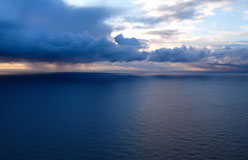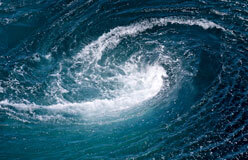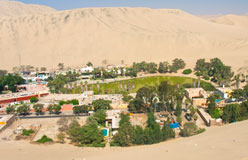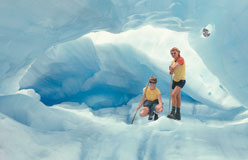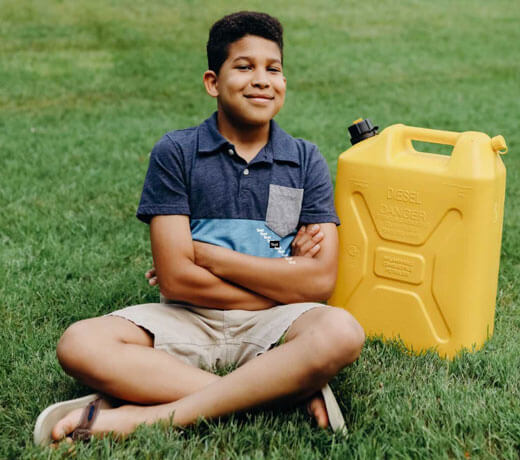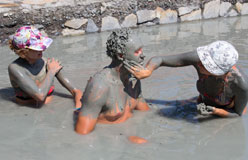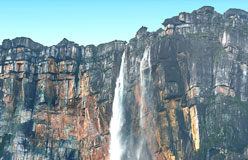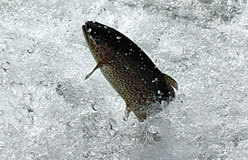Water, water every where,
And all the boards did shrink;
Water, water every where,
Nor any drop to drink.
—from The Rime of the Ancient Mariner, by Samuel Taylor Coleridge
Picture sailors stranded on a ship in the middle of the ocean with water everywhere, as far as the eye can see. After all, the Earth’s surface is almost three-fourths water. But this water is too salty to drink and, with no rain in the forecast, the sailors soon run out of drinking water. Their bodies dry out, and the sailors slowly begin to die:
And every tongue, through utter drought,
Was withered at the root;
We could not speak, no more than if
We had been choked with soot.
All animals and plants need water to survive. For example, the human body is more than three-fourths water. Life-forms use water to transport nutrients around their bodies, carry away waste, break down food, and keep themselves cool, among other vital jobs. As for what happened to the sailors in the Coleridge poem, one survived—thanks to rain—to tell the story:
My lips were wet, my throat was cold,
My garments all were dank;
Sure I had drunken in my dreams,
And still my body drank.
